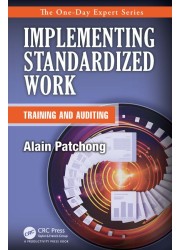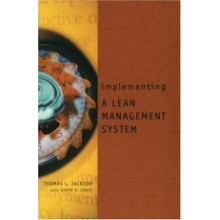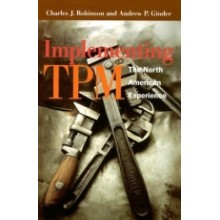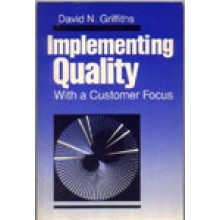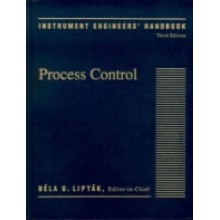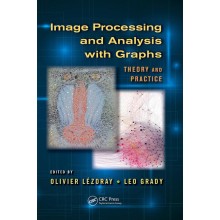Implementing Standardized Work: Training and Auditing
Our Price: £29.70
Discount : 10%
Quantity:
-
Add to Compare
Features
- Describes the methods and tools to conduct effective training and auditing
- Introduces the Job Breakdown Sheet, a powerful training tool that gives operators the "why" for actions and provides illustrations covering key points
- Presents the subject in an easy-to-understand narrative format
- Includes numerous examples, charts, and drawings to convey the knowledge effectively
- Allows anyone without a specific background to acquire quick expertise in less than a day
Summary
Standardized Work refers to the process of finding and applying the best operational methods that will lead to cost reduction, better product quality, and increased operator safety. This book, the latest in a series dedicated to Standardized Work, focuses on operator training and auditing. It describes the methods and tools used to train operators and then check their work against the standard defined in Standardized Work forms. It also discusses how to introduce these tools in the most effective way.
Following in the tradition of the other books in this series, Implementing Standardized Work: Training and Auditing covers essential knowledge using a compelling story format. It follows Thomas, a young, high-potential plant manager in an industrial group, as he deploys Standardized Work to turn around a plant that is losing money. This latest installment recounts the next steps in his process—preparing for training, conducting the training itself, and introducing an auditing process to measure its success.
The book explains how to structure and present the newly improved operational methods to facilitate the training. It introduces the Job Breakdown Sheet, which gives operators the "why" for actions and provides illustrations covering key points. The book presents a customized version of the training industry’s four-step training method that provides simple actionable tools that will help you perform quick and effective operator training. It also provides a number of key tips to ensure the successful establishment of auditing processes.
Implementing Standardized Work: Training and Auditing provides you with the right tools and the right processes to train and sustain Standardized Work. Everyone’s role, from the plant manager to the operator, is described and illustrated by simple examples in this book. Covering the essentials of training and auditing in a streamlined, easy-to-understand format, this book can have you applying its concepts in just one day.
Table of Contents
Introduction
The End of Industry
Training Day
Preparation for Training
The Four-Step Method
Practicing Training: The Second Chance to Get It Right
Introducing Auditing
Key Points in an Auditing Document
Sustaining and Auditing in Daily Management
The End
Write a review
Your Name:Your Review: Note: HTML is not translated!
Rating: Bad Good
Enter the code in the box below:
Copyright © 2014 Engineering Standards Bureau. All Rights Reserved.
Developed By Zoom Into Web


